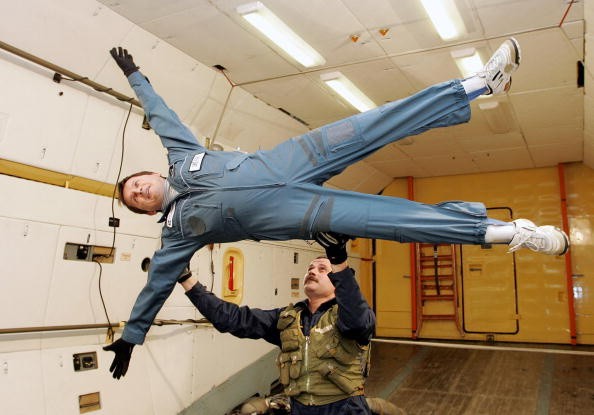Long-term space flights are now a trend in the rising space industry as NASA, and other government-funded and independent space agencies conduct their own out-of-this-world missions.

Some people think that becoming one of the astronauts reaching outer space is the coolest career they can have. But, before you try and become one of them, you still need to know the negative effects of zero-gravity on your body.
For the past few years, researchers concluded that long-term spaceflights really reduce the bone density of astronauts. Now, a new study revealed that recovering from this is actually a rare scenario.
Spaceflights Permanently Decrease NASA Astronauts' Bone Density!
According to Extreme Tech's latest report, long-term spaceflights really lead to permanent bone density loss.

Leigh Gabel and Steven Boyd, kinesiologists from the University of Calgary, confirmed this detail in their new study, which was published in the Nature journal.
"We examined bone strength, density, and microarchitecture in seventeen astronauts (14 males; mean 47 years) using high-resolution peripheral quantitative computed tomography," explained the researchers.
Their findings revealed that 1% to 2% of bone density is reduced every month once people are in space. This means that the longer you stay in a zero-gravity environment, the more you lose bone density.
Bone Density Loss Recovery is Rare?
The new findings of Steven Boyd and Leigh Gabel are really alarming, especially since the average stay duration of astronauts and cosmonauts at the International Space Station is around six months.
But, Mark Vande Hei stayed more than six months, becoming the first NASA astronaut to live at the ISS for almost a year (355 days in total).
Now, the new space study focusing on bone density loss showed that only one out of the 17 astronauts recovered. If you want to see further details about the new research, you can visit this link.
On the other hand, deeper universe photos captured by NASA's James Webb Space Telescope are expected to arrive this July.
Previously, experts claimed that NASA's Europa Clipper could crash into the largest moon in the solar system.
For more news updates about bone density loss and other negative effects of spaceflights, always keep your tabs open here at TechTimes.
Related Article : NASA's DART Mission May Deform a Mini-Moon
This article is owned by TechTimes
Written by: Griffin Davis
ⓒ 2026 TECHTIMES.com All rights reserved. Do not reproduce without permission.




